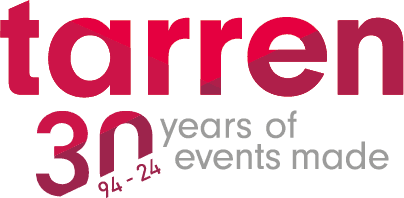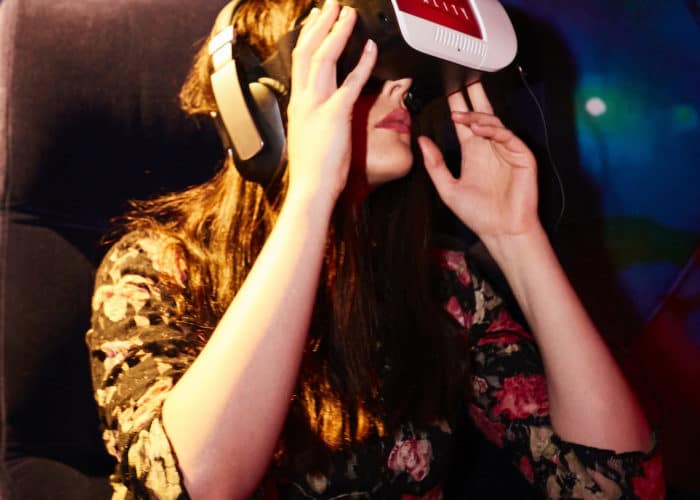Oh 2020 where do we begin…. It’s fair to say that when we sat down to write last year’s event trend predictions we were WAY off. We had no idea of the journey that we were about to go on, nor the way that the event seasons would be turned upside down completely. You’d be forgiven for forgetting what an event is after 2020.
Here in 2021, this year’s predictions are ALL heavily influenced by the effect that Covid-19 has had on the industry. We do not shy away from the fact that this will have massive implications on the sector for years to come, but we can hope that we can start to rebuild the industry steadily.
This time last year we had no idea what ‘socially-distancing’ was, but now it governs our everyday movements. Of course, with the UK in a fluctuating state of being in and out of lockdown, and mass gatherings still illegal, it is almost impossible to predict whether events of any capacity will be able to go ahead this year. However, with this is mind, here are our 2021 Event Trend predictions….



